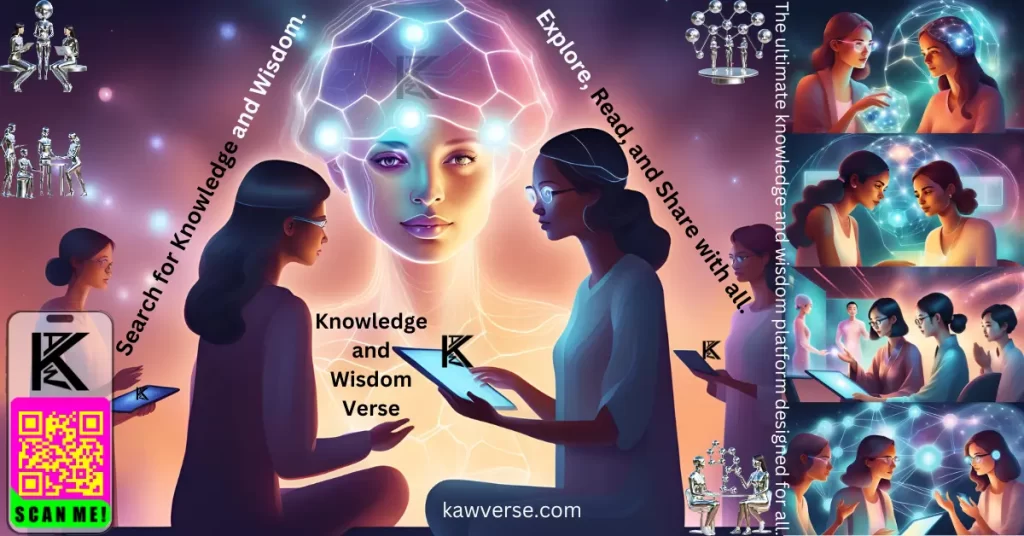In today’s interconnected world, effective communication is not just a desirable skill, it’s a necessity. But mastering “Communicative English” goes beyond grammar rules and vocabulary lists. It’s about harnessing the power of language to connect, engage, and express yourself with clarity and confidence. This comprehensive guide unlocks the secrets of communicative English, empowering you to thrive in any situation.
Demystifying Communicative English:
- Beyond Rules: Communicative English transcends strict grammar rules, focusing on using language effectively in real-world scenarios. It prioritizes naturalness, fluency, and understanding over grammatical perfection.
- The Four Skills: Mastering all four language skills – reading, writing, listening, and speaking – is crucial. Each plays a vital role in effective communication, allowing you to absorb information, articulate your thoughts, and actively engage with others.
- Cultural Fluency: Communication thrives on understanding cultural nuances. Learning about etiquette, idioms, and social norms adds depth and sensitivity to your interactions.
- Confidence: The key to unlocking your potential lies in self-belief. Embrace your mistakes as learning opportunities and practice regularly to build confidence in using English effectively.
Embarking on Your Journey:
- Embrace Active Learning: Go beyond textbook drills. Immerse yourself in real-world scenarios by watching movies, listening to podcasts, and engaging in conversations with native speakers.
- Read Widely: Expose yourself to diverse writing styles and topics. Reading expands your vocabulary, improves sentence structure, and helps you understand different tones and perspectives.
- Find Your Voice: Don’t be afraid to express yourself. Participate in discussions, write creatively, and practice expressing your opinions and ideas with clarity and confidence.
- Seek Feedback: Actively seek feedback from trusted friends, teachers, or language partners. Constructive criticism helps identify areas for improvement and accelerates your progress.
Tailoring Your Approach:
- Identify Your Goals: Are you aiming for professional fluency, casual conversation skills, or academic mastery? Defining your goals helps you choose the right learning materials and activities.
- Embrace Your Unique Style: Everyone learns differently. Discover what works best for you – visual aids, group discussions, or individual study – and create a personalized learning strategy.
- Celebrate Progress: Track your achievements, no matter how small. Celebrate your milestones and acknowledge your hard work to stay motivated on your journey.
Examples of communicative English
Here’s a list of basic questions categorized by their function in communicative English:
Greetings and Introductions:
- What’s your name?
- How are you?
- Nice to meet you!
- Where are you from?
- What do you do?
- It’s a pleasure to meet you!
Small Talk:
- How was your day?
- What do you think of…?
- Have you seen…?
- Do you like…?
- What are your plans for…?
- The weather is nice today, isn’t it?
Asking for Information:
- Excuse me, can you help me?
- Where is…?
- What time is it?
- Do you speak English?
- Can you repeat that, please?
- Could you please explain…?
Giving Information:
- It’s over there.
- It’s five o’clock.
- Yes, I do.
- Sure, no problem.
- Of course.
Expressing Agreement/Disagreement:
- I agree.
- Me too!
- That’s a good idea.
- I don’t think so.
- I see your point, but…
Making Requests:
- Can you please…?
- Would you mind…?
- I was wondering if you could…?
- Do you have…?
- Could I borrow…?
Expressing Thanks:
- Thank you.
- That’s very kind of you.
- I appreciate it.
- No problem.
- You’re welcome.
Apologies:
- I’m sorry.
- Excuse me.
- My apologies.
- It was my fault.
- No worries.
Giving Directions:
- Go straight ahead.
- Turn left/right.
- It’s on the corner.
- Take the next exit.
- You can’t miss it.
Expressing Feelings:
- I’m happy/sad/angry/scared.
- I’m feeling unwell.
- I’m having a good time.
- I’m tired.
- I’m excited!
These are just basic examples. As you improve your English, you can expand your vocabulary and expressions to have more nuanced and complex conversations.
Remember: The path to mastering communicative English is a continuous journey. Embrace the process, experiment with different approaches, and never stop learning. With dedication and perseverance, you’ll unlock the power of language and confidently express yourself in every situation.
Bonus Tip: Utilize technology to your advantage. Language learning apps, online communities, and virtual tutors can supplement your learning and provide valuable interaction opportunities.
By embodying these principles and tailoring your learning journey to your individual needs, you’ll unlock the power of communication and navigate the world with confidence, leaving a lasting impact on every interaction. Bon voyage on your linguistic adventure!


Leave a Reply
You must be logged in to post a comment.